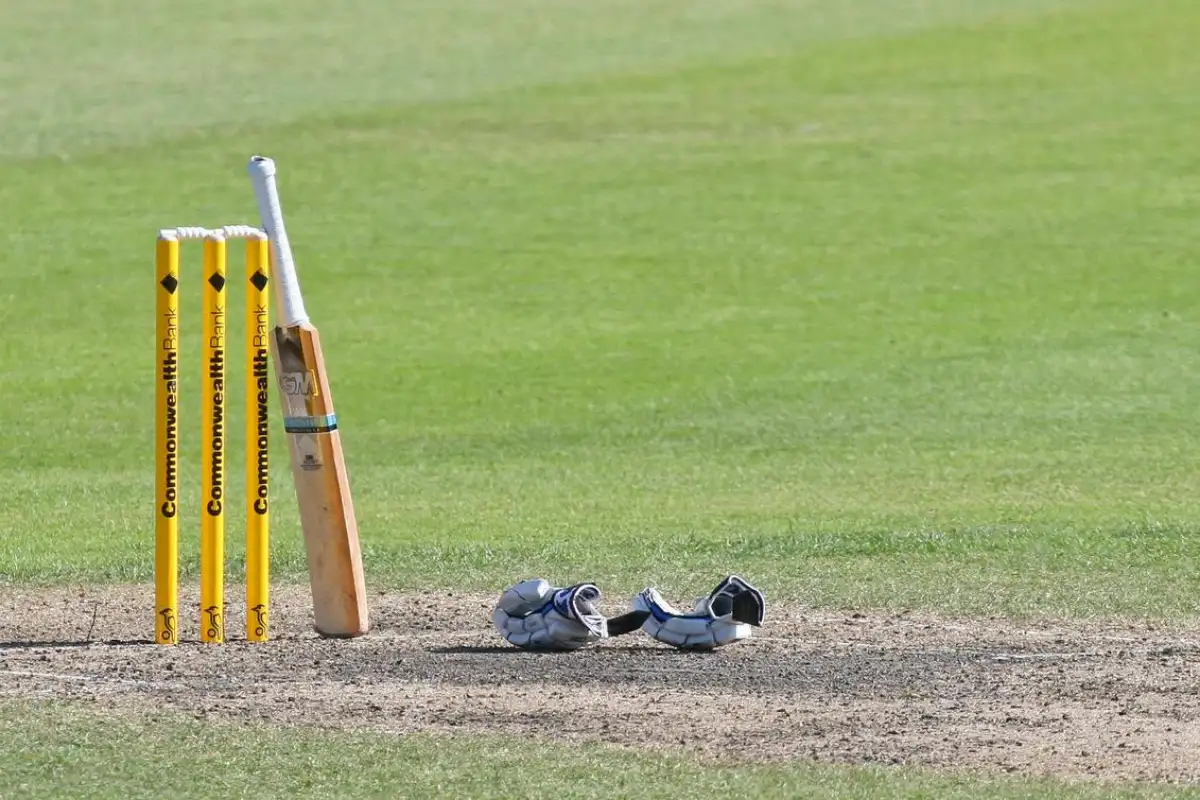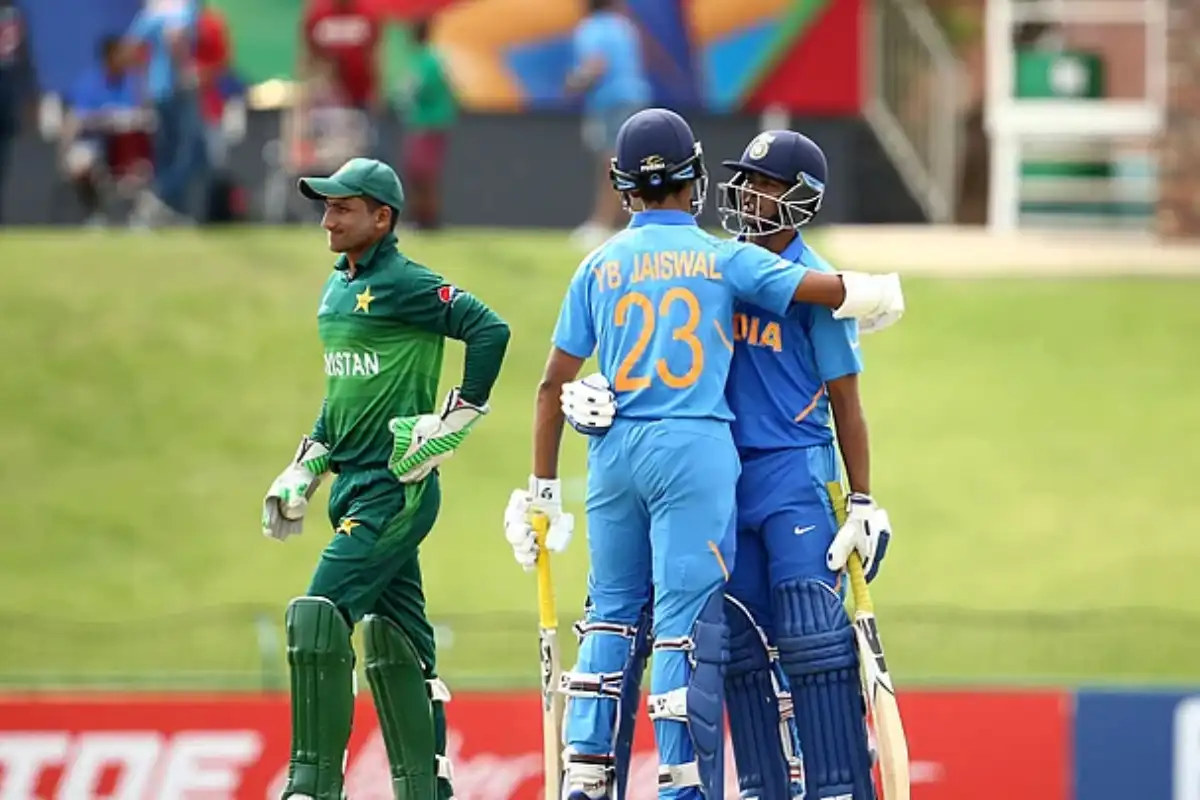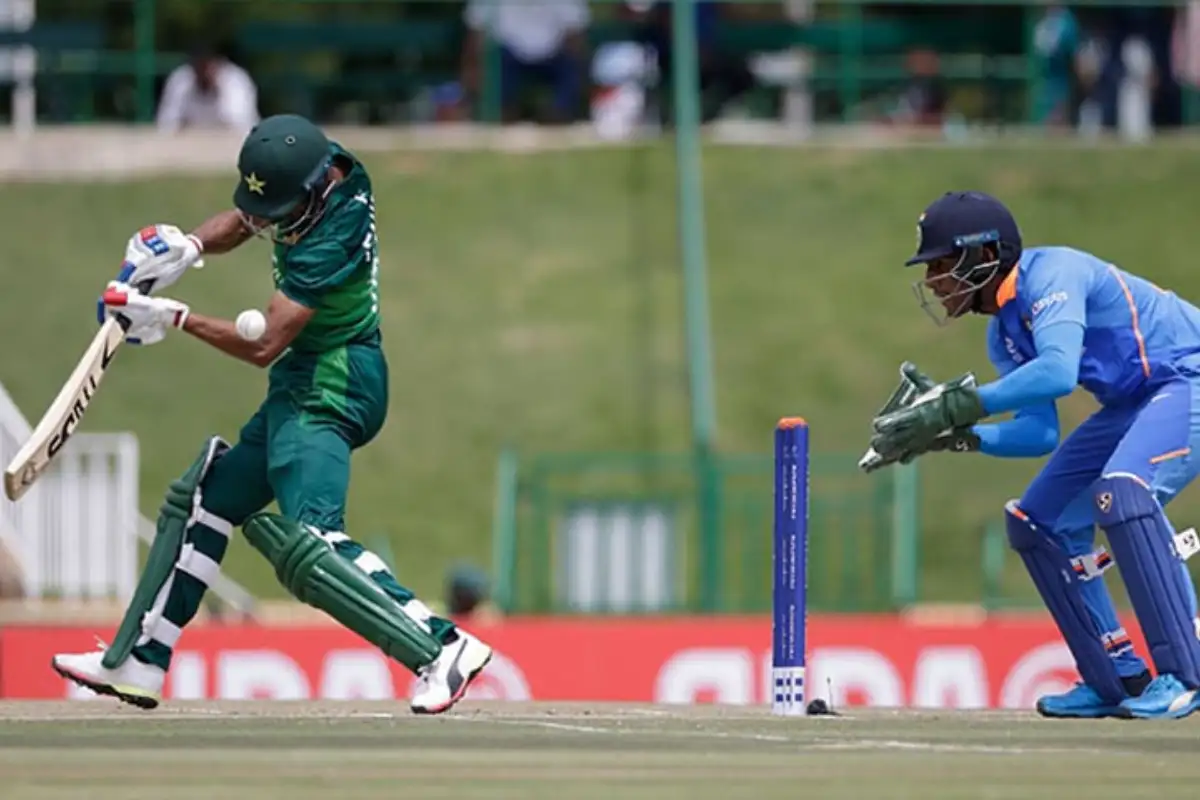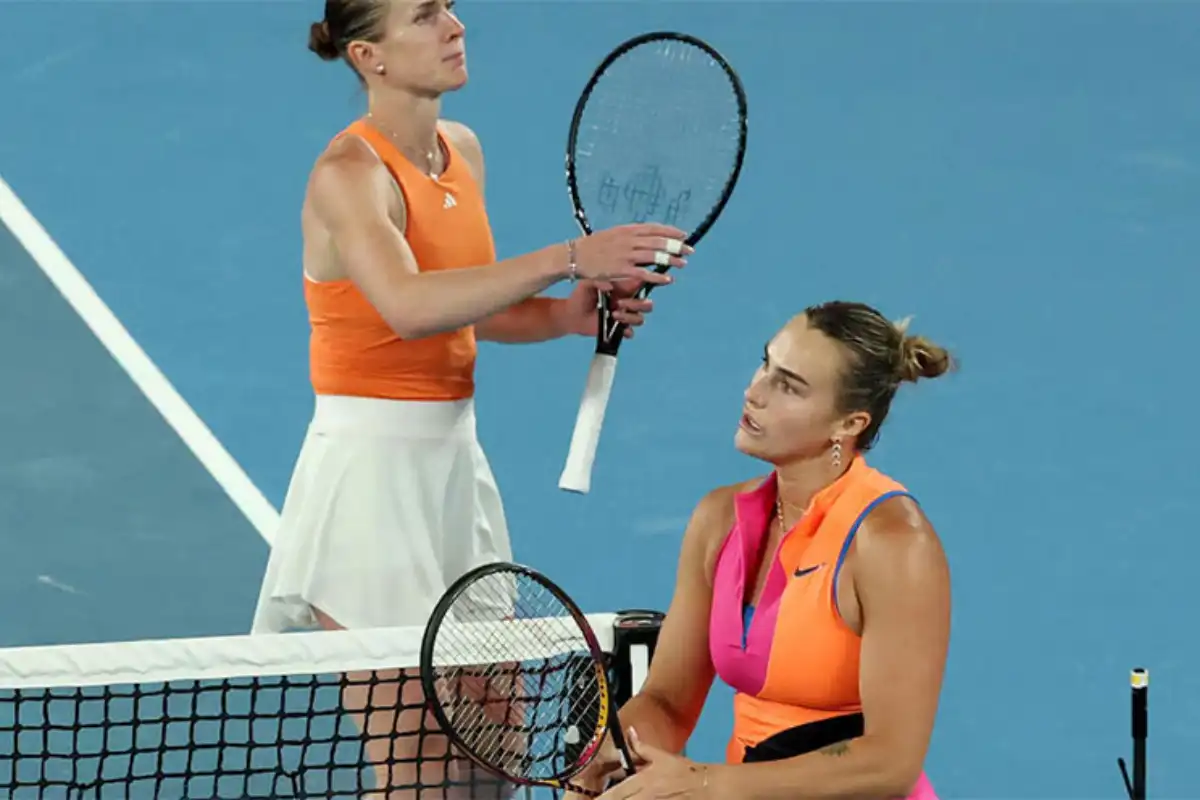The International Cricket Council (ICC) has introduced key updates to the playing conditions in men’s international cricket, including a revision to the two-ball rule in One Day Internationals (ODIs) and changes to the concussion substitute protocol.
These updates, recommended by the ICC Men’s Cricket Committee and approved by the Chief Executives Committee, will be implemented from June 17 for Tests, July 2 for ODIs, and July 10 for T20 Internationals. The Sri Lanka vs. Bangladesh series will be the first played under the new rules.
Previously, ODIs were played with two new balls—one from each end—throughout the innings. This method was often criticized by bowlers who felt it gave an unfair edge to batters by preventing the ball from aging and deteriorating, particularly on flat pitches.
Under the revised rule, ODIs will still begin with two new balls, but only for the first 34 overs. From the 35th over onwards, just one of those balls—chosen by the bowling side—will be used for the remaining 16 overs. This change aims to create more balance between bat and ball, allowing the ball to wear down and potentially reverse swing in the later stages of the innings.
In matches shortened to 25 overs or fewer before the first innings begins, only one new ball will be used throughout the innings.
The ICC also updated its concussion substitution policy. From now on, teams must submit a list of five potential substitute players to the match referee before the start of every international game. These must include one wicketkeeper, one specialist batter, one fast bowler, one spinner, and one all-rounder. The goal is to ensure that a like-for-like replacement is available in case of a concussion, maintaining the fairness and integrity of the match.
If a concussion substitute also suffers a concussion, the match referee can approve a replacement from outside the original five, but the replacement must still be of a similar type.
This update follows controversy earlier in the year when India replaced batting all-rounder Shivam Dube with bowling all-rounder Harshit Rana during a T20I against England, prompting questions about fairness.
Additionally, the ICC has adopted a change in the boundary catch rule. The MCC has now prohibited the “bunny hop” maneuver—where a fielder jumps from beyond the boundary to complete a catch mid-air—aiming to keep the game fairer and more straightforward.
Read More: Maryia Vviadzenskaya Detained at San Juan Airport While Traveling with Husband Spencer Ricciardello















